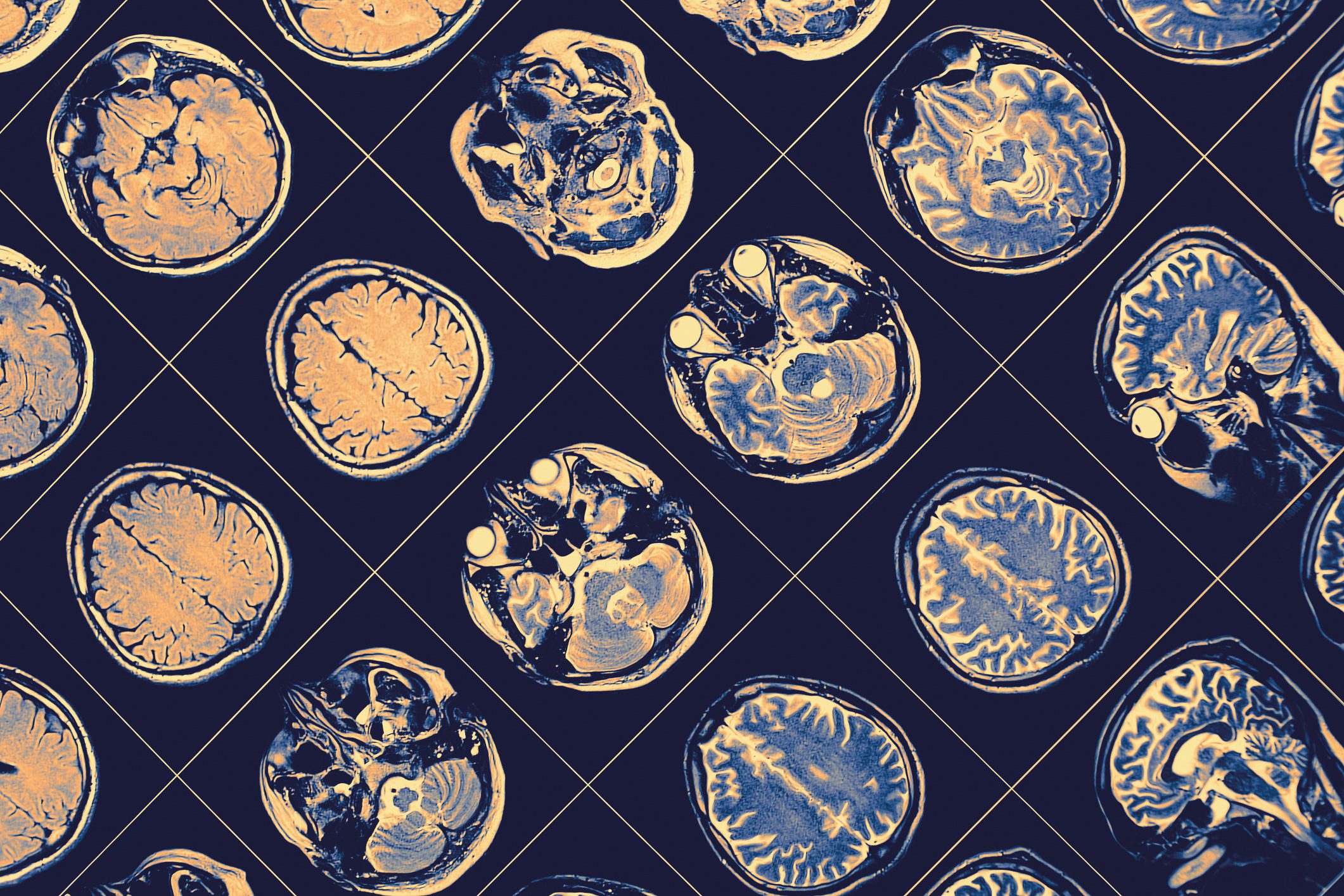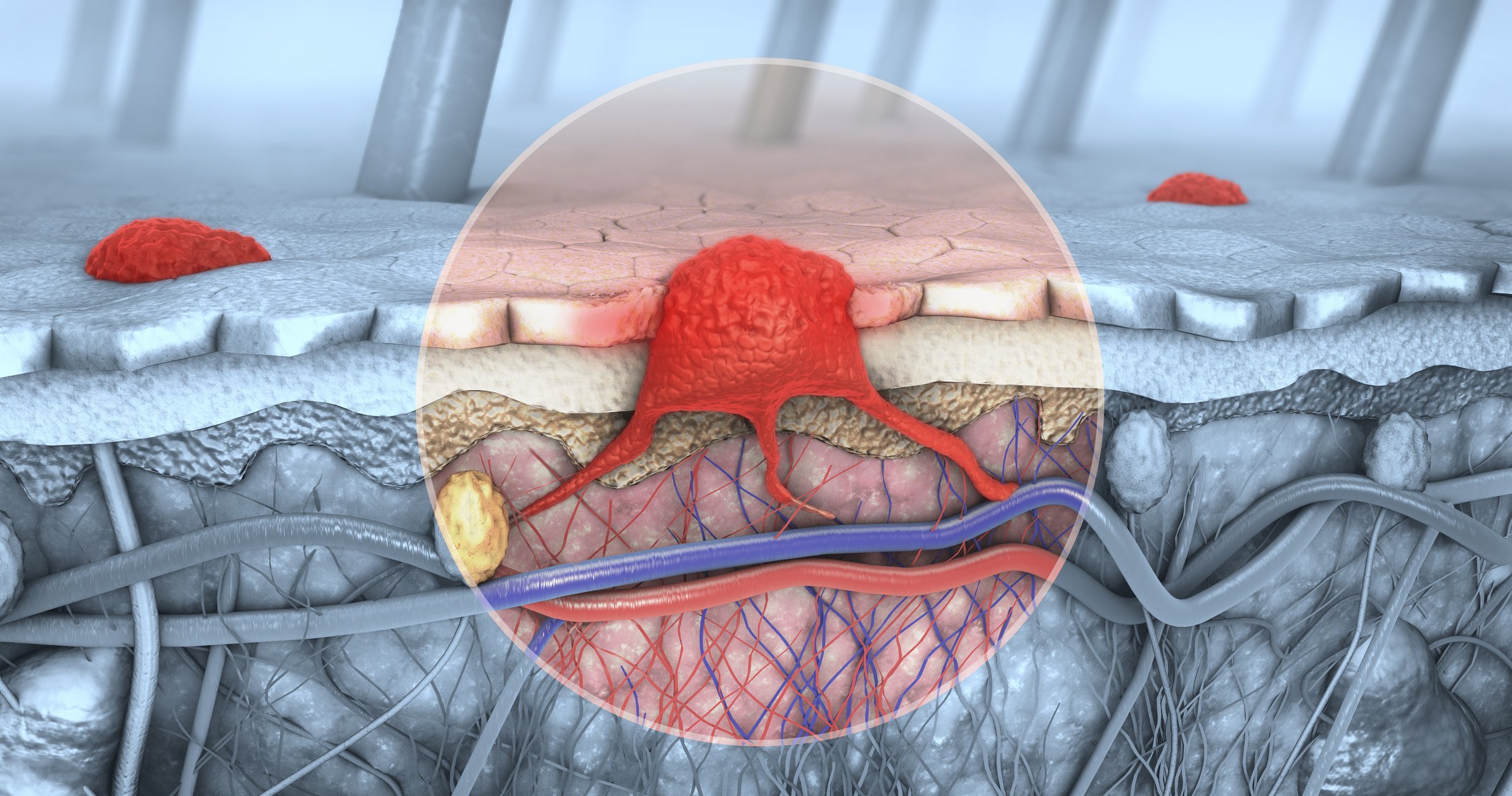Schizophrenia is one of the most complex and serious psychiatric disorders. Despite decades of research, many of its causes remain unexplained. In recent years, interest in biomarkers has grown considerably, as they offer the possibility of putting diagnosis, prognosis and therapy on a more objective and personalized basis. Genetic, neurobiological, developmental and epigenetic factors play a central role here. This article summarizes the current state of research and shows perspectives on how biomarkers could revolutionize the clinical care of patients with schizophrenia in the future.
You May Also Like
- Obesity as a chronic disease: an interdisciplinary perspective
Neurobiological mechanisms of obesity
- Oncolytic virus in stage II melanoma
Innovative method for predicting therapy response
- Phimosis and penile cancer under SGLT2i
Increased risk for men with T2D
- Diabetic ketoacidosis
Recommendations for action in practice
- Migraine: better quality of life thanks to multimodal care
Broader selection of innovative migraine prophylactics and acute therapies
- Therapy of non-tumor-related pain
Do not prescribe opioids lightly for musculoskeletal pain
- "Forgotten axis" between plant substances, gut and systemic health
Microbiome and phytotherapy
- Migraine











